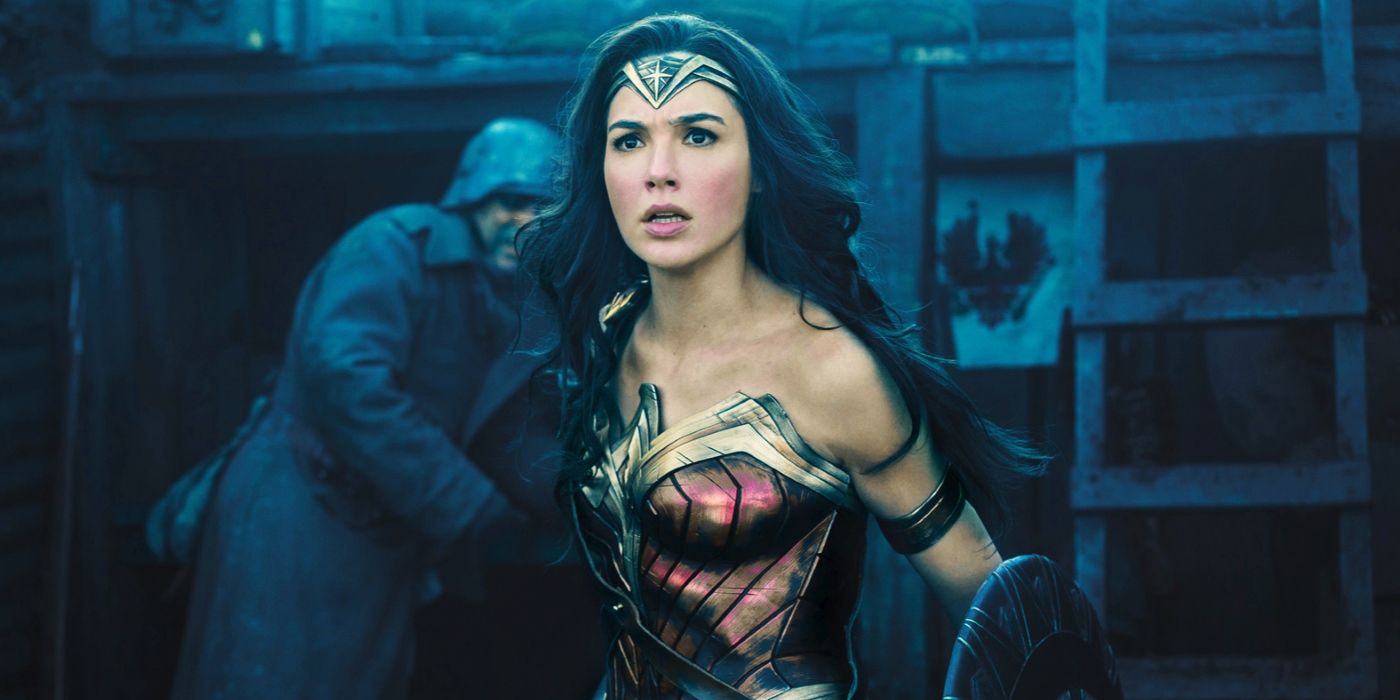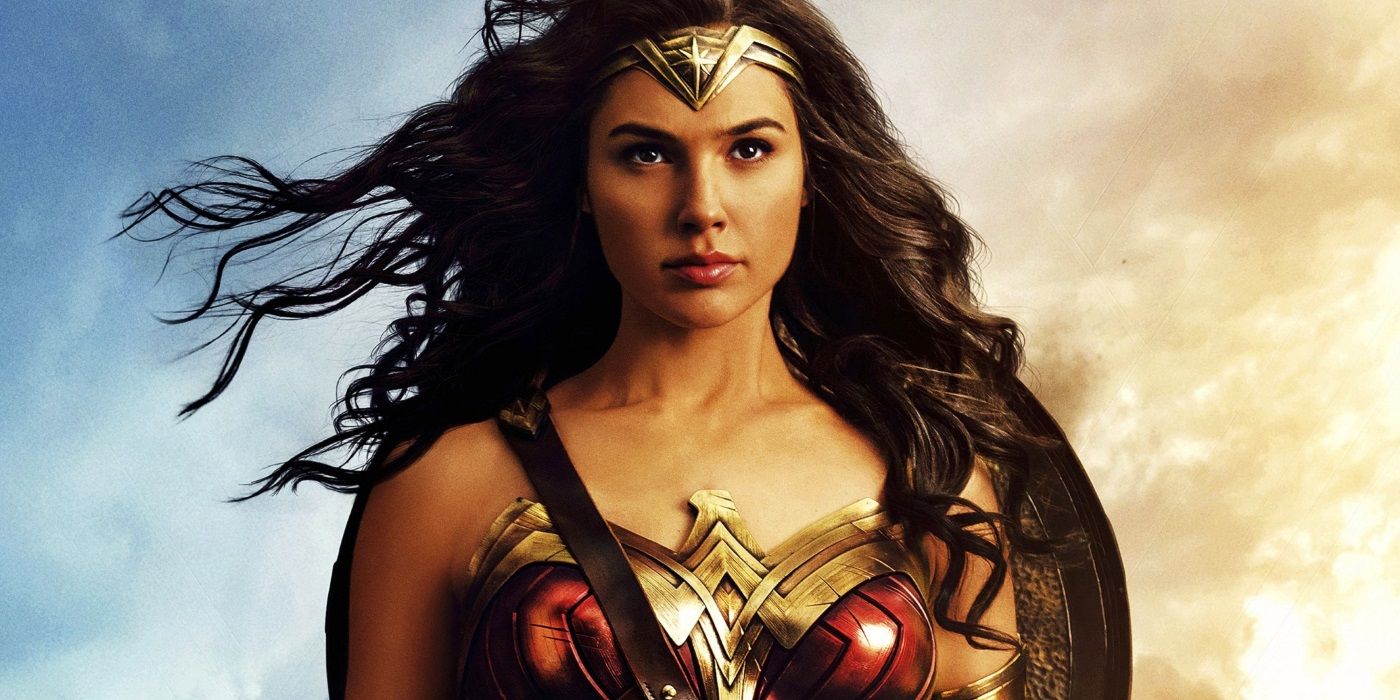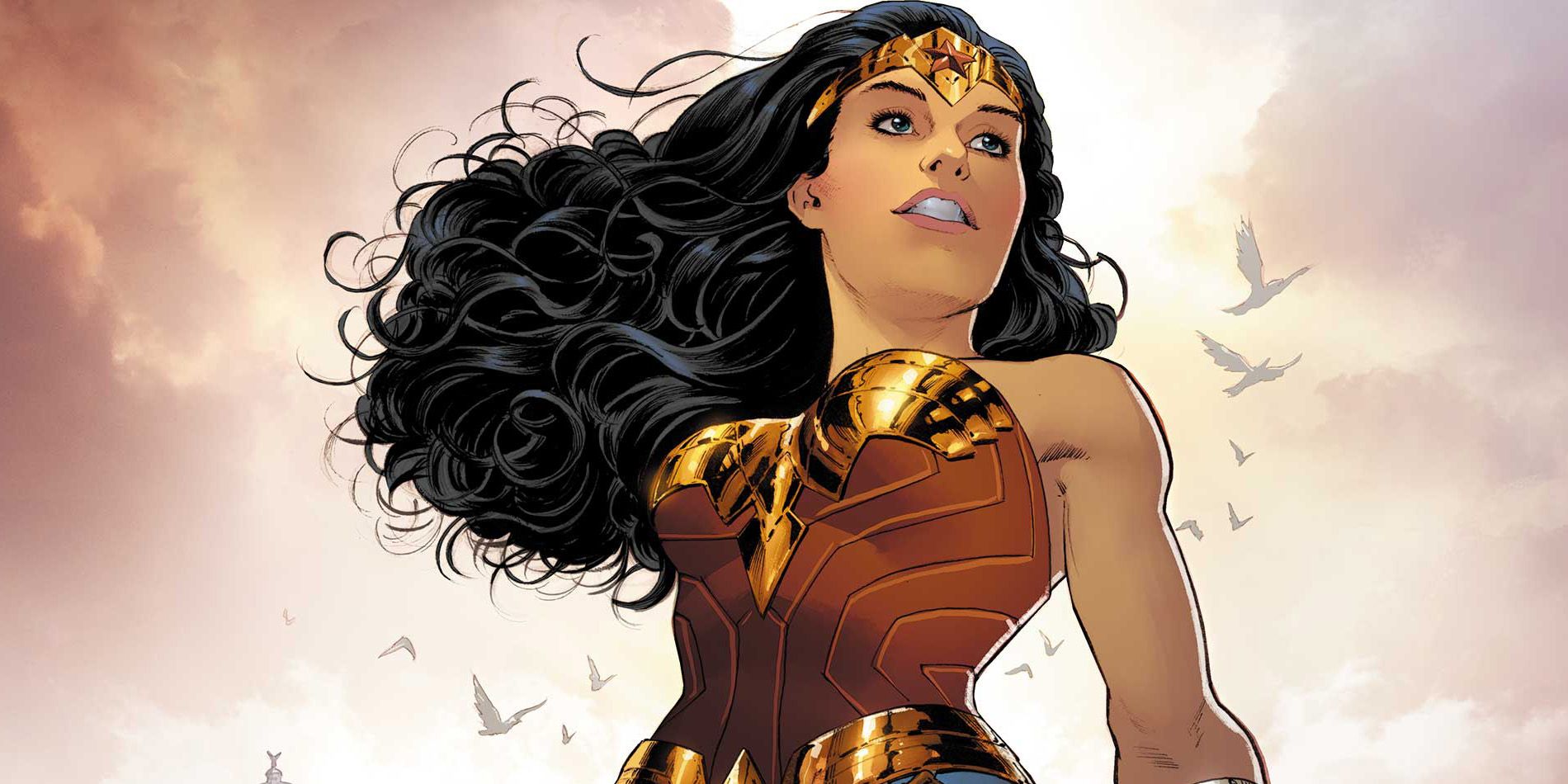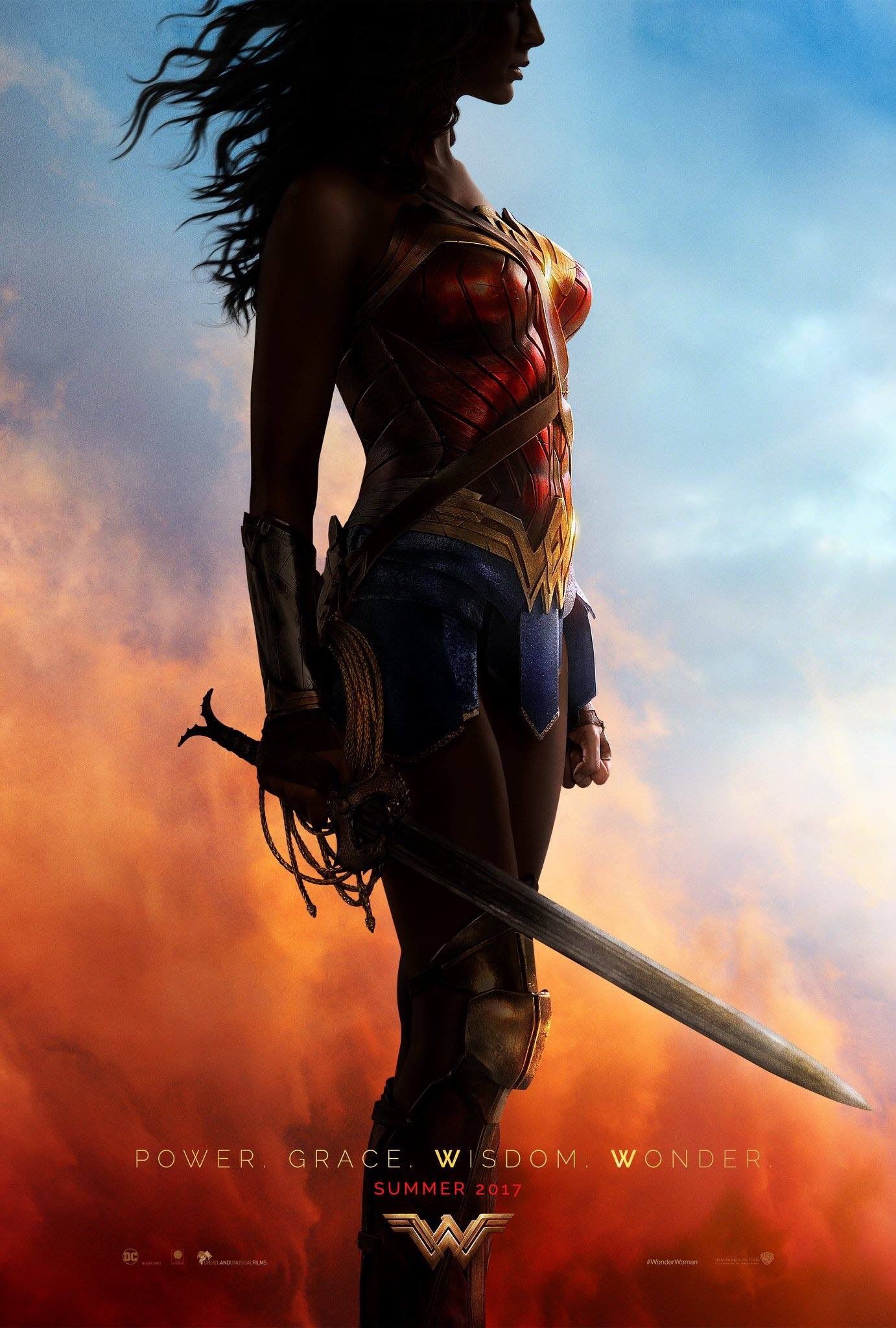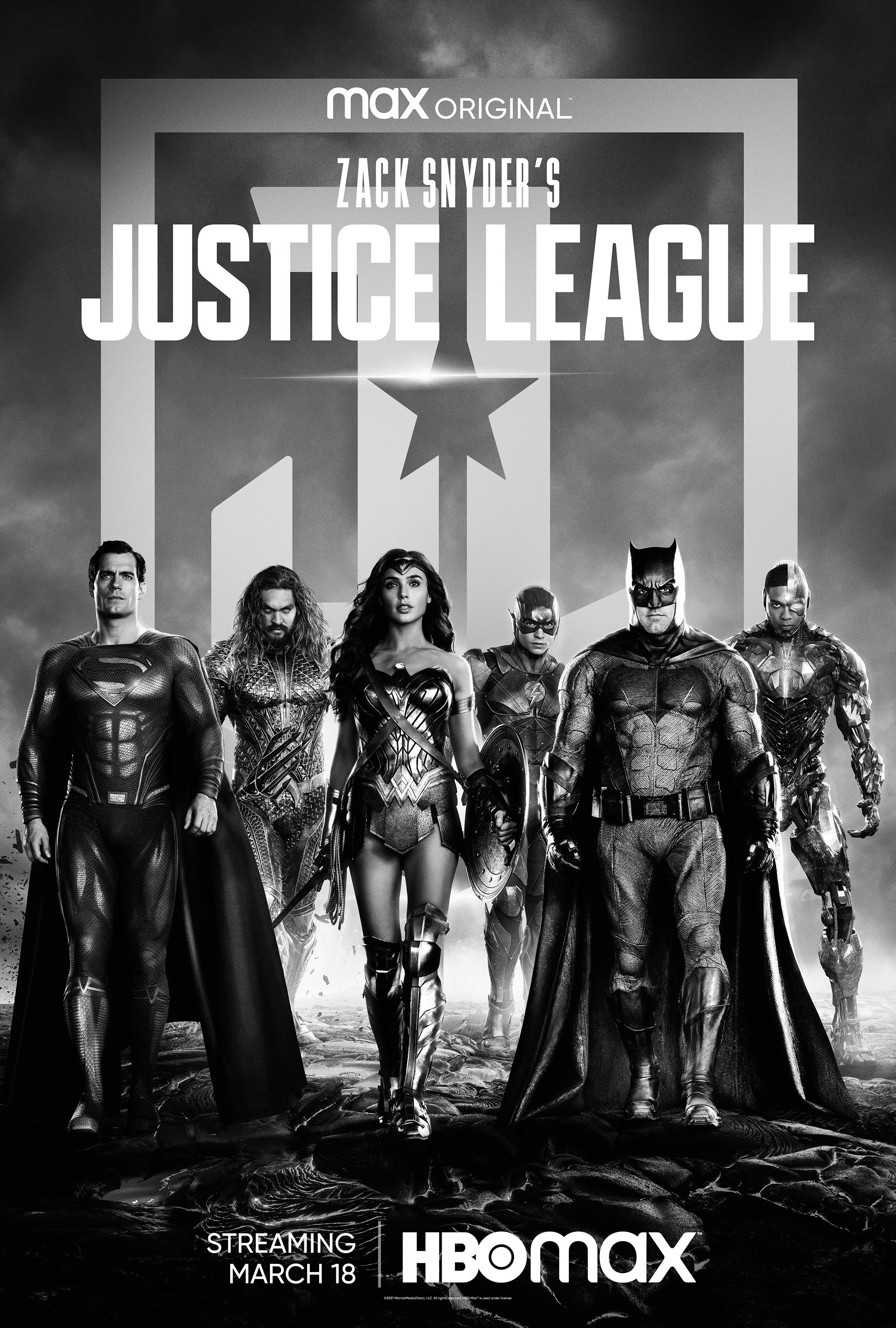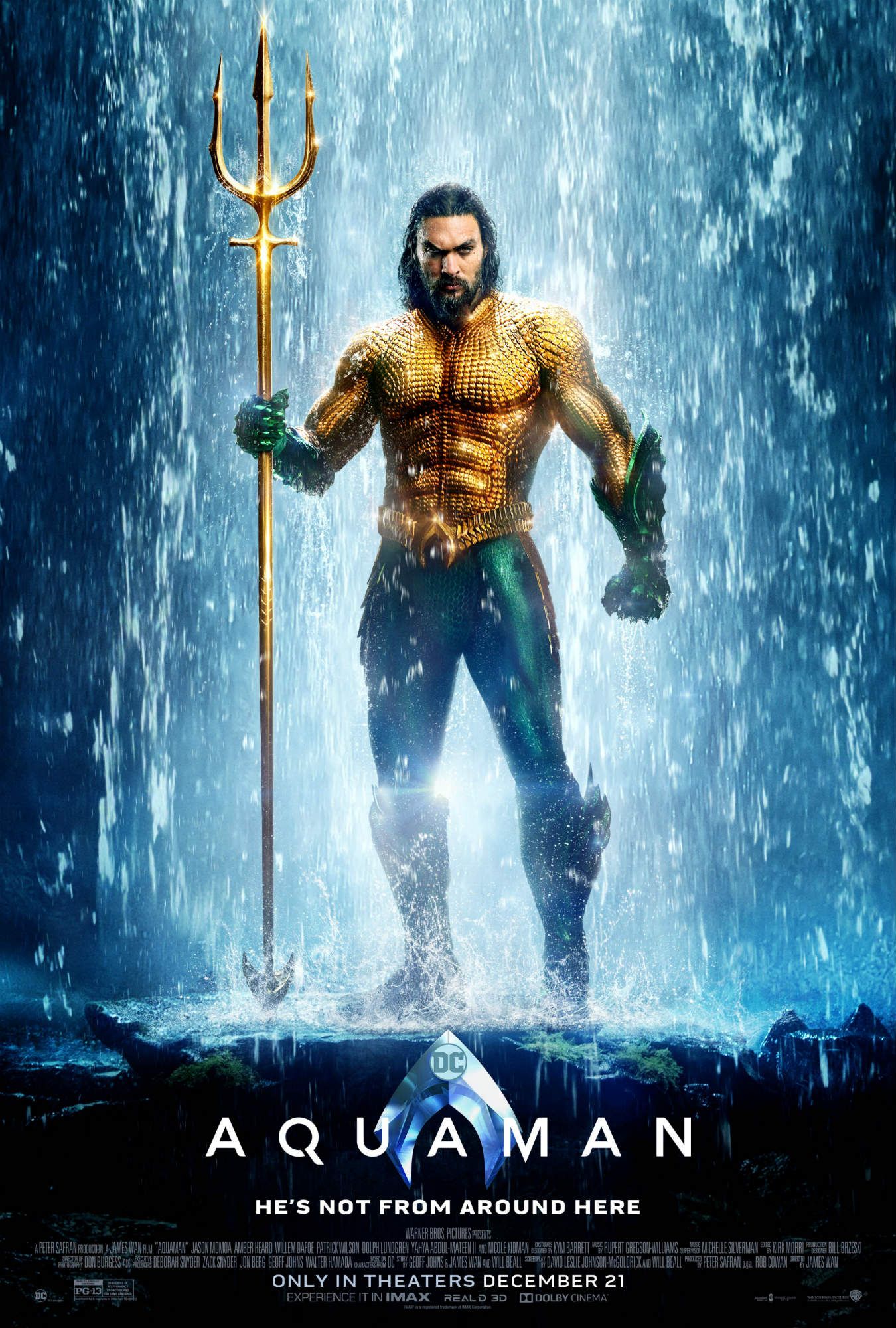Women-only screenings of Warner Bros' Wonder Woman received considerable backlash, but they also sold out incredibly fast. To get a better idea of why the Alamao Drafthouse's special screenings were so popular, we spoke to attendees about why they were eager to see the movie in a women-only audience.
Warner Bros officially kicked off its DC Extended Universe last year with the premiere of Zack Snyder's Batman V Superman: Dawn of Justice - a followup to the universe's soft launch in the director's Man of Steel - and continued with David Ayer's Suicide Squad. However, after both entries failed to receive a positive critical reception, and reactions among moviegoers were decidedly mixed, expectations for the entire DCEU were placed on the shoulders of Wonder Woman. Additionally, Patty Jenkins' Wonder Woman was also the first superhero blockbuster with $100+ million budget directed by a woman and fronted by a female hero - Gal Gadot's Diana Prince, reprising her role from Batman V Superman. As such, Wonder Woman was also tasked with proving female-led, female-directed superhero movies could succeed.
We now know that Wonder Woman is a resounding success, earning over $200 million in its opening weekend, and breaking the record for best opening box office of a movie directed by a woman. Further, 52 percent of the film's opening day audience were women, making Wonder Woman the first Marvel or DC movie with a majority female audience - at least, on that particular day. Beyond these numbers, critics praised Wonder Woman before it opened in theaters, and the response from moviegoers has been largely positive as well. The film's dynamic and multidimensional hero - as well its portrayal of the Amazons, including Hippolyta and Antiope - have raised Wonder Woman up as a triumph for women in Hollywood.
Of course, before the movie debuted to general audiences, it was announced that the theater chain Alamo Drafthouse would hold women-only screenings of Wonder Woman in the week following its official release. The annoucement from the Austin, Texas location of the chain received criticism from those who believed the screenings to be discriminatory against men. In the wake of the annoucement, one man defied the women-only specification and purchased a ticket to one of the screenings, gloating about it on social media. Additionally, Washington Post reported the city of Austin received "multiple" complaints of discrimination for the events.
Nevertheless, many defended Drafthouse's events, including the mayor of Austin, Steve Adler, who penned a response to one particular critic of the women-only Wonder Woman screenings. Further, the women-only screening of Wonder Woman at Austin's Alamo Drafthouse sold out in a little over two hours, prompting the theater to open more screenings of the same kind. After such positive response to the events, the Brooklyn, Northern Virginia, and Denver locations of Alamo Drafthouse announced their own women-only screenings of the DCEU entry, many of which sold out as well.
The screenings and the negative responses prompted discussions of safe spaces for women and why women-only screenings of Wonder Woman especially received criticism when the theater chain's similar events for romantic comedies hadn't received the same kind of attention. One aspect that may have gotten lost in the discussions of the screenings, however, was why they sold out so fast and what exactly motivated women to attend - since it wasn't, like many of the events' critics believed, to spite men.
Next Page: [valnet-url-page page=2 paginated=0 text='Attendees%20Talk%20Women-Only%20Wonder%20Woman%20Screenings']
One participant of a women-only Wonder Woman screening, Rachel Leishman, spoke to Screen Rant about her motivations for attending the event, touching on the way women comic and superhero fans are treated, particularly by men who watch and read the same content. She said:
"I went because I wanted to go without having judgement. The thing about comic book movies is no matter how much you prove that you're a fan of the comic book hero you're watching on the big screen, men in the audience tend to judge you. I'm not what they deem as the normal 'comic nerd' because I normally am wearing work clothes when I go to those movies. So they think I’m a fake fan or someone [whose] boyfriend dragged them along. So to go with all women and be equals was an amazing experience."
The experience Leishman describes is called gatekeeping - the practice of one fan harassing another because they don't meet a certain criteria to be deemed a "real fan." Often, gatekeeping is employed by male fans of a property or genre typically deemed as "for men" in order to (consciously or subconsciously) deter women from occupying the same fan spaces. The parallel rise in popularity of the phrase "fake geek girl" along with comic books and superhero movies is one way to see how these gatekeeping practices have been employed in recent years.
Because of the gendered "fake geek girl" stereotype, the women-only Wonder Woman screenings provided attendees a safe space to enjoy the film away from the gatekeeping practices of certain male fans. Another attendee, Amelia Emberwing, told Screen Rant she was motivated to attend one such screening to avoid being made to feel unwelcome. She said:
"Comics culture still has an extreme issue with men who like to explain heroes to the lowly womenfolk. Every time I sit in a theater for a premiere, it never fails that some dude I don't even know will start telling me what I should know about the character, or tell me I'm too young to be a fan. Then there's the bigger issue of the perpetual threat of harassment, being hit on by strangers, etc. I wanted an opportunity to celebrate Diana without dealing with all those things."
As Emberwing points out, there is plenty to celebrate about Wonder Woman (even before it became a hit at the box office) since the film marks a number of landmarks in cinema. In addition to being the first female-led superhero film directed by a woman, an achievement for Gadot and Jenkins, Wonder Woman is the DC Comics character's first solo live-action movie. It's also only the second live-action adaptation of Wonder Woman, a character created more than 75 years ago by William Moulton Marston and artist Harry G. Peter, after Lynda Carter's 1970s TV series.
Given these milestones and Wonder Woman's portrayal of a female hero in Diana Prince, the movie undoubtedly evokes reactions from audience members to the film as a whole as well as specific scenes, though women especially. As another attendee of a women-only Wonder Woman screening, Leah Thomas, told Screen Rant, she was excited by the prospect of sharing those reactions with a theater filled with women:
"Any time that going to the movies create[s] a really strong sense of community is appealing to me. ... A bunch of other women, all crying at Amazons, experiencing a moment, and objectifying Chris Pine together? That sense of unity about the kind of movie[s] that I've been told, even by the best woke and genuinely good men, are mostly for guys? Sign me up!"
For the most part, those attending the women-only screenings of Wonder Woman had only positive intentions -whether to share the experience with like-minded fans or to avoid a potentially negative moviegoing experience. While some may take offense to the existence of these screenings at all, the fact is they didn't infringe upon anyone's civil rights because Alamo Drafthouse (not to mention the dozens of other theater chains nationwide) had vastly more mixed-gender screenings than those only open to women, offering everyone plenty of opportunity to see the film. And, for those that attended the screenings, Drafthouse provided a unique and positive experience.
SEEING #WONDERWOMAN WITH AN ALL-WOMEN AUDIENCE WAS THE ABSOLUTE BEST EXPERIENCE— Molly Freeman (@mollyrockit) June 6, 2017


